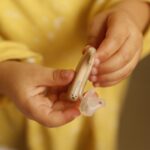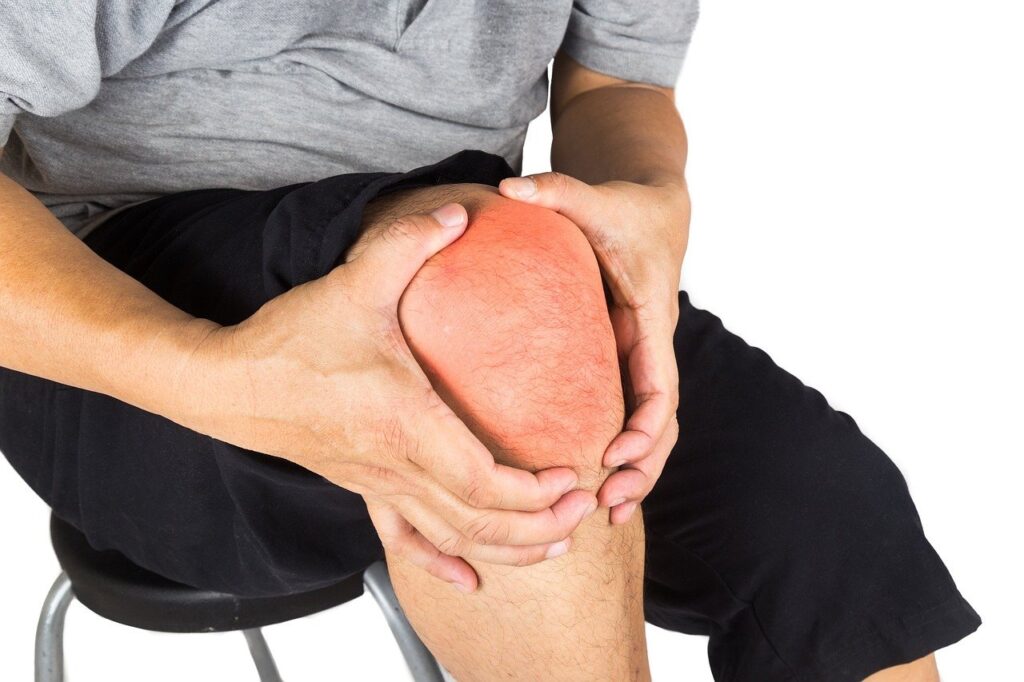You don’t need to work on a construction site or attend loud concerts to be at risk for hearing damage. Everyday noises—many of which seem harmless—can quietly erode your hearing over time. From the hum of household appliances to the music streaming through your earbuds, subtle sound exposure adds up. So, what are the hidden culprits, and how can you protect your ears?
The Sneaky Sound Offenders
You might not think twice about the following noises, but they could be damaging your hearing:
- Traffic and city noise – If you live in a bustling city, constant exposure to sirens, honking horns, and construction can contribute to gradual hearing loss.
- Headphones and earbuds – Many people listen to music or podcasts at volumes that exceed safe levels, especially with in-ear devices that deliver sound directly into the ear canal.
- Household appliances – Hairdryers, blenders, vacuum cleaners, and even washing machines generate noise levels that, over time, can take a toll on your hearing.
- Television and gaming systems – Hours of immersive entertainment at high volumes add to cumulative sound exposure.
- Sporting events and movie theaters – The excitement of a game or the thrill of a blockbuster film often means exposure to sound levels well above the safe threshold.
How Loud Is Too Loud?
Sound is measured in decibels (dB), and prolonged exposure to anything over 85 dB can lead to hearing damage. Here’s how some common sounds compare:
- Normal conversation: 60 dB
- Heavy city traffic: 85 dB (Hearing risk begins after 8 hours of exposure)
- Hairdryer: 90 dB
- Lawn mower: 95 dB
- Rock concert: 110-120 dB (Hearing damage possible in minutes)
If you have to raise your voice to be heard over background noise, it’s a good indicator that your environment is too loud.
Protecting Your Hearing Without Missing Out
Fortunately, there are simple ways to reduce the impact of everyday noise on your ears:
- Lower the volume – Follow the “60/60 rule” for headphones: Keep volume below 60% and listen for no more than 60 minutes at a time.
- Use noise-canceling headphones – Instead of cranking up the volume to drown out background noise, opt for headphones that block external sound.
- Take breaks – Give your ears a rest after prolonged exposure to loud sounds.
- Wear ear protection – Invest in earplugs or noise-reducing earmuffs when attending concerts, sporting events, or working in noisy environments.
- Be mindful at home – Reduce unnecessary noise by running appliances when you’re not in the same room and closing doors to block sound.
Listen Up: Your Hearing Matters
Hearing loss doesn’t happen overnight—it’s often the result of years of exposure to everyday noise. By being more aware of your sound environment and taking small protective steps, you can keep your ears healthy and your hearing sharp for years to come.
If you’ve noticed ringing in your ears, muffled sounds, or difficulty following conversations, consider checking in with an audiologist. It’s never too early to start protecting your hearing—your future self will thank you.








